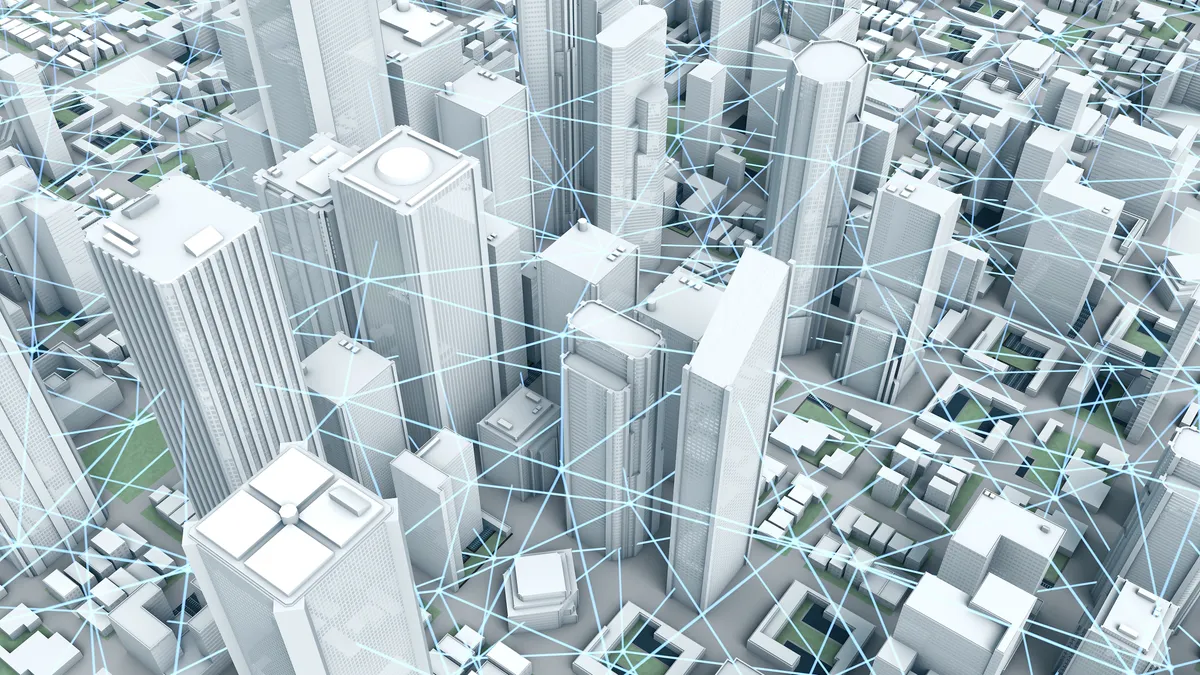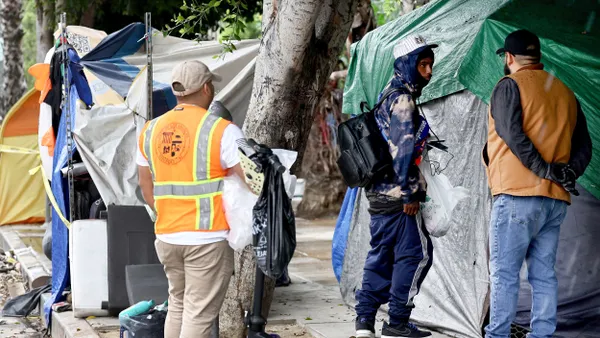Dive Brief:
- Verizon announced this week that it will roll out 5G residential broadband internet in three to five cities in 2018. Sacramento will be the first city, but Verizon has yet to disclose other markets.
- The services aim to offer mobile speeds up to 40 times faster than current 4G LTE networks. Verizon estimates the opportunity for its broadband services will affect approximately 30 million households nationwide.
- This announcement follows Verizon's recent 5G trial in 11 markets, including Sacramento, Seattle, Miami, Houston, Denver and Washington, DC. Verizon says the official launch is "based on customer experience and on Verizon’s confidence in new technology powered by millimeter-wave spectrum."
Dive Insight:
The concept of 5G — or 5th Generation mobile network — has been floated for quite some time now as a number of telecom giants, including Verizon, AT&T and Qualcomm, have tested the benefits and barriers of rolling it out across the nation. CTIA, a trade association representing the U.S. wireless communications industry, touts the adoption of 5G will create 3 million new jobs and add $500 billion to the economy. However barriers such as federal regulations and corporate tax structures have stood in the way of an easy 5G deployment.
In late October, Senate Commerce Committee chair John Thune, R-SD, and Communications Subcommittee ranking member Brian Schatz, D-HI, circulated a draft bill that would ban state and local governments from restricting access to poles — which telecom providers would utilize to distribute "small cell antennas" for network support. The bill would also limit governments' ability to intentionally make it hard for network upgrades, and would establish a "shot clock of 90 days on government decisions regarding various requests," according to Broadcasting & Cable.
If the industry is able to adjust regulatory oversight, and if Verizon's initial 5G roll out proves to be successful, the potential for 5G will be enormous. Beyond improving mobile speeds, the 5G phenomenon would establish the "Internet of Skills" and become a new source of revenue and opportunity for technologies like driverless cars or robotic surgeries due to a decrease in latency. While this recent announcement from Verizon is just a small start toward 5G, it indicates the very real possibilities of our wireless future.











